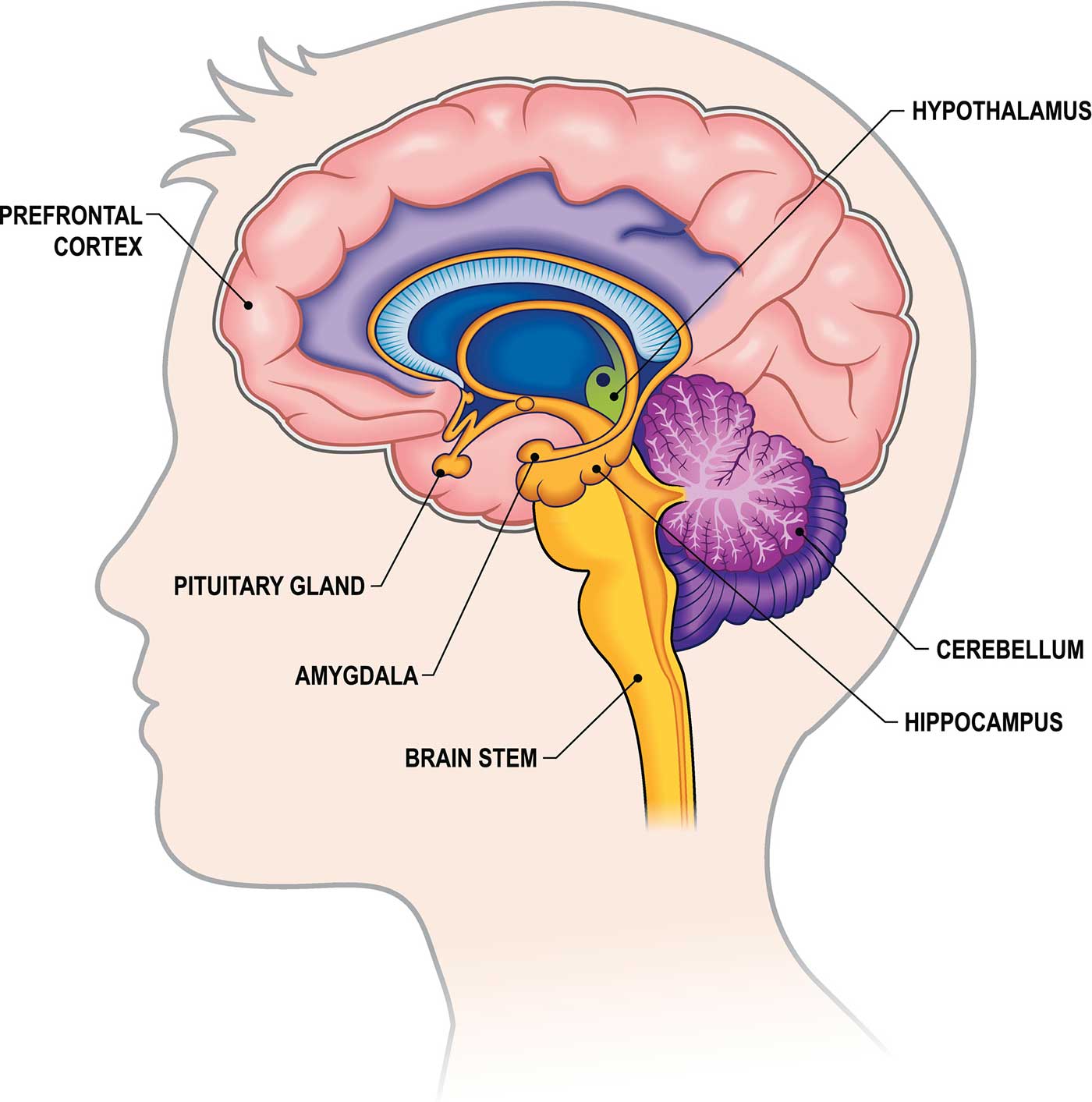True or false: Anger is an inherited trait
False
What is an anger trigger?
A trigger refers to something that affects your emotional state, by causing anger or stress feelings
What is an anger control plan?
A plan of coping skills and resources that can be utilized when anger is triggered
What are 3 consequences of acting on violence?
Jail, loss of relationships, death, guilt/shame, damage to property, etc.
What is the feelings wheel used for?
Emotional identification
What is the difference between payoffs and consequences?
Payoffs: Short-term gains, release tension, control or hurt others
Consequences: Long-term negative outcomes of one or more expression of anger
Name 3 of your own anger triggers
n/a
Name 3 skills or resources on your own anger control plan
n/a
What are the 3 phases of the aggression cycle?
Name 3 emotions that perpetuate anger 
fear, embarrassed, rejection, anxiety, depression, annoyed, disrespect, regret, worry, stressed, etc.
Name 3 medical conditions that can develop due to frequent production of stress hormones
Heart disease
Stroke
Increased exposure to illness and cancer
Decreased bone density
Migraine/Headaches
Sight impairments
What is the tool we use to evaluate what our anger triggers are?
Anger self-assessment or anger inventory
Why do we use the anger scale?
To monitor the escalation of our anger
Name 3 characteristics of the escalation phase of the aggression cycle
denial and minimization, increased hostile self-talk, intimidating body language, more frequent and intense anger
What is an example of thought stopping?
"Don't go there" "I need to stop thinking about this" Etc.
Name at least 1 of the 3 main stress hormones
Cortisol
Adrenaline
Noradrenaline
What are the 4 cues of anger?
Physical
Behavioral
Emotional
Cognitive
Name 1 mindfulness exercise that can help decrease anger.
Progressive muscle relaxation, breathing exercises, guided meditations, etc.
Where does your anger control plans need to be implemented to prevent consequences of acting on anger?
Escalation phase
Name 3 unhelpful thinking styles
All or nothing thinking (black & white thinking), over generalizing, mental filters, disqualifying the positive, jumping to conclusions, magnification & minimization, emotional reasoning, using critical words like should and must, labeling, personalization
When an anger response is triggered, what part of the brain is first notified?
Amygdala or Prefrontal Cortex (frontal Lobe)
Name a characteristic of each category:
Physical Cues:
Behavioral Cues:
Emotional Cues:
Cognitive Cues:
Physical Cues: Bodily response, increase heart rate, tension in the body
Behavioral Cues: What you do, Clench fists, raise voice
Emotional Cues: Other feelings that come with anger, fear, jealousy, hurt, disrespect
Cognitive Cues: What you think in response to an event, hostile self-talk, images or aggression and violence
What is the difference between formal and informal time outs?
Formal: Taking time away from people, places, and things that often cause anger and distress
Informal: Taking a short term time out by leaving an immediate situation causing anger and distress until mind is clear to deal with the situation
What is the shape of the aggression cycle and why is it shaped that way?
Triangle or Pyramid shape
It is shaped in this way due to the spike of emotional discharge in the explosion phase.
What do the letters in the ABCDE model stand for?
A: Activating situation or event
B: Belief system
C: Consequences
D: Dispute
E: Effects of new belief system
